
What are the benefits of Fleet Insurance?
This article explores the benefits of taking out Fleet Insurance for your business.
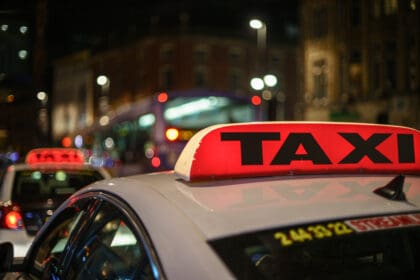
Taxi Fleet Insurance: A Comprehensive Guide for Operators
Taxi fleet operators need to know every aspect of their business and ensure that everything it does complies with taxi industry regulations.

Practical ways fleets can reduce taxi insurance spend
We often hear advice about how taxi drivers can reduce their taxi insurance premiums, but when it comes to taxi fleet insurance, a different approach is needed to make savings.
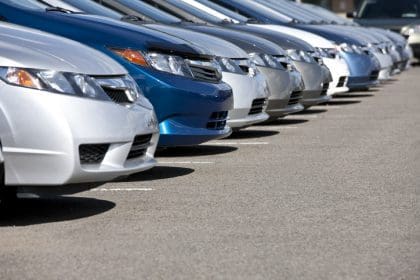
Who is covered by a taxi fleet insurance policy?
Taxi insurance regulations clearly distinguish between different types of taxi businesses being operated, with public hire insurance needed for black cabs and private hire insurance for PHVs. For a self-employed driver who runs their own car, the differences are straightforward, and each driver must ensure their own vehicle is covered for the type of taxi

“Electric vehicles are incredible” says taxi firm founder
The founder of an Isle of Wight taxi firm is so hooked on electric vehicles that he will never buy a petrol or diesel car again.
Kevin Barton, CEO of We Go Local Solutions LTD and Go Taxi, used his tech background to help create sustainable businesses on the popular holiday island which enjoys a bustling hospitality and entertainment sector.

Tips for Minimising Risks and Insurance Claims
The motor insurance industry takes two main factors into account when calculating insurance premiums – the risk and the cost of paying out a claim.
We recently looked at how the soaring cost of vehicle parts was pushing up the price of repairs and making taxi insurance and other business motor insurance claims more expensive.

Taxi Base Insurance: What do you need to know?
Although you must have taxi insurance to operate legally in the UK, there are other types of insurance needed to run a taxi business.
And, typically, the bigger the operation, the more cover is needed to protect staff, passengers and the entire operation.
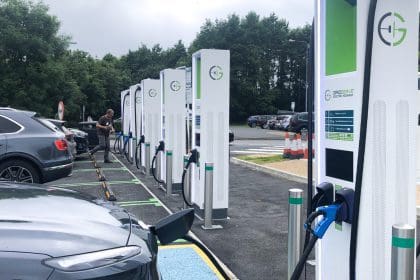
Patons wants to support taxi base owners as Government unlikely to meet EV charging target
Taxi drivers need one thing to make the switch to EV – to be sure that it will do at least what their current petrol or diesel cab will do. Anything less isn’t worth bothering with.
In simple terms, they want something with a decent range and can charge up whenever they need to so they can be on their way again in a matter of minutes.
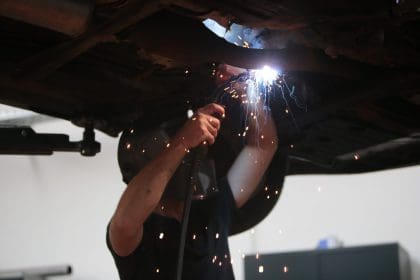
Insurance tips for taxi drivers amid rising costs
As the cost of living continues to increase, there are steps taxi drivers can take to reduce their taxi insurance premiums.
The rising cost of domestic car insurance made headlines recently after the Association of British Insurers revealed that soaring repair costs pushed the average vehicle premium to £511 – 21% higher than this time last year.

The impact of ride-hailing apps on insurance
As technology and innovation continue to drive the taxi industry forward, drivers and fleet owners need to make sure they have the right taxi insurance in place for the work they do.
The traditional industry model was black cabs or Hackney carriages, which required public hire insurance, and private hire vehicles or minicabs, which needed private hire insurance.
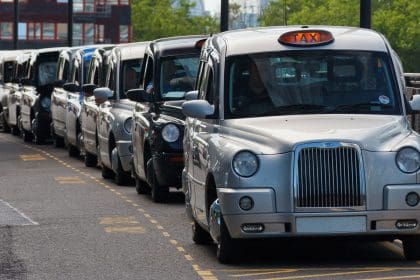
The benefits of taxi fleet insurance
There are times when fleet taxi insurance is a better option for taxi companies than taking out public hire insurance or private hire insurance for individual drivers.
A fleet usually includes five or more vehicles used for either private or public hire and can include a mixture of cars and vans. This gives them the flexibility to be able to cater for all types of fares from short trips to longer trips.

How a taxi insurance broker can protect you
Taxi drivers understandably look for the cheapest taxi insurance deal they can find – but that doesn’t mean they are getting the best cover.
There is a lot of truth in the saying you don’t know how good your insurance is until you need it. If you keep paying low premiums for years and never make a claim, you will be happy with your choice of cover.
